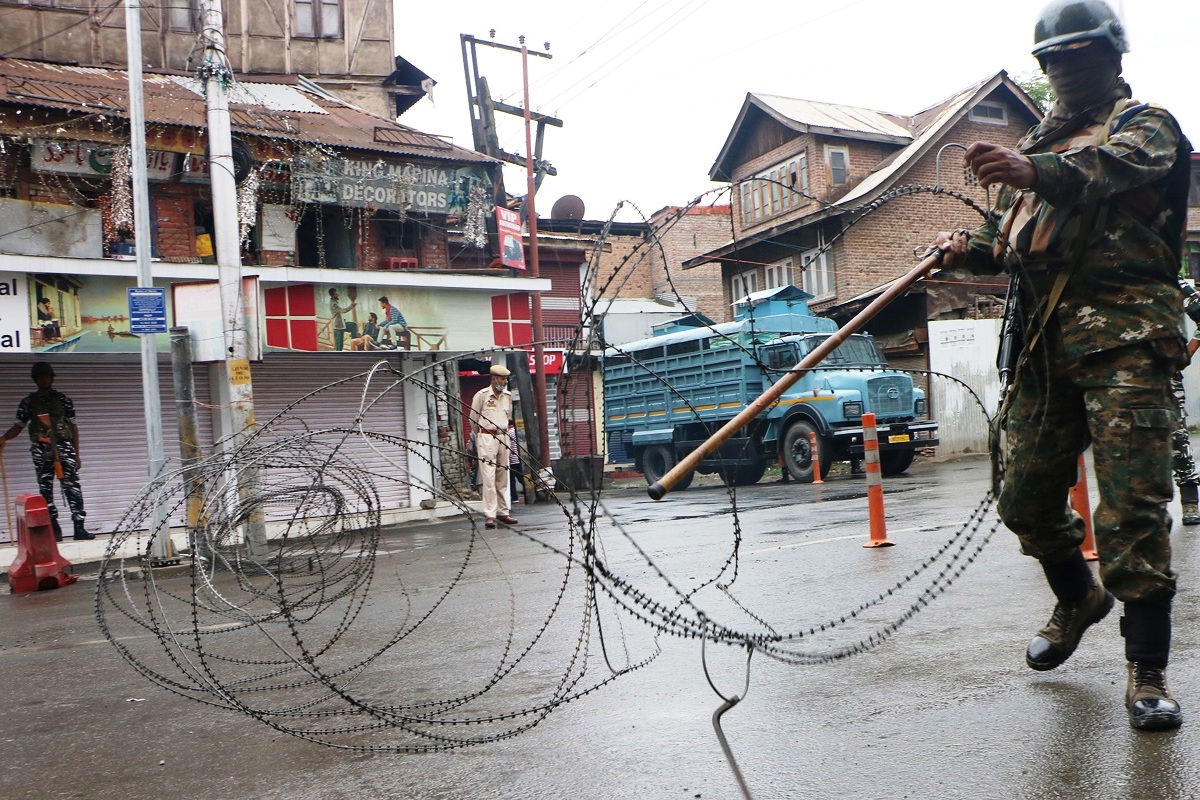The centre on Thursday informed the Supreme Court that it was ready for elections in Jammu and Kashmir which could be held anytime now but the decision will be taken by the Election Commission of India. Hearing petitions challenging the abrogation of Article 370, the Supreme Court Wednesday asked the Centre to furnish details if there is any specific time frame for restoring the statehood of Jammu and Kashmir.
To this, Solicitor General Tushar Mehta, appearing for Centre told the Supreme Court that the government was unable to give any specific timeline but clarified the Union Territory status of the region is temporary.
Advertisement
“Developments are taking place for it to become a full state,” Mehta informed the apex court.
The solicitor general further told the court that a three-tier Panchayat Raj system is introduced in Jammu and Kashmir for the first time.
“First, elections would be for Panchayats. Leh Hill Development Council elections are over and that for Kargil will be held in September,” he said.
The Centre also apprised the top court of improvements happening in the Union Territory following the abrogation of Article 370.
“Terrorist instances have reduced by 45.2% compared from 2018 to 2023 and infiltration reduced by 90%. Law and order issues like stone pelting etc. reduced by 97%, Solicitor General Tushar Mehta says. Security personnel casualty is reduced by 65%. Stone pelting instances in 2018 were 1,767, it is nil now. Organised bandhs in 2018 were 52 and now it is nil,” the Centre told the Supreme Court.
Senior advocate Kapil Sibal, appearing for one of the petitioners against abrogation of Article 370, told the Supreme Court that the government has put 5,000 people under house arrest.
“…section 144 was imposed, the internet was shut, and people could not go to hospitals even… let us not make a mockery of democracy, and not talk about bandhs,” Sibal said.
On August 6, 2019, the government of India revoked the special status of Jammu and Kashmir under Article 370 and bifurcated the state into two Union Territories – Jammu and Kashmir and Ladakh.
















